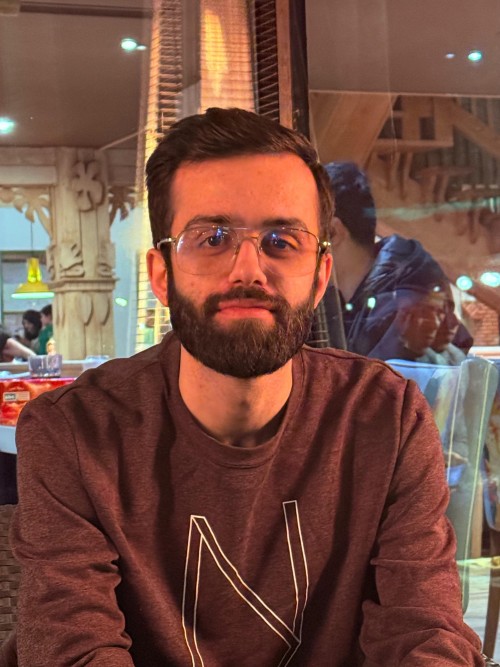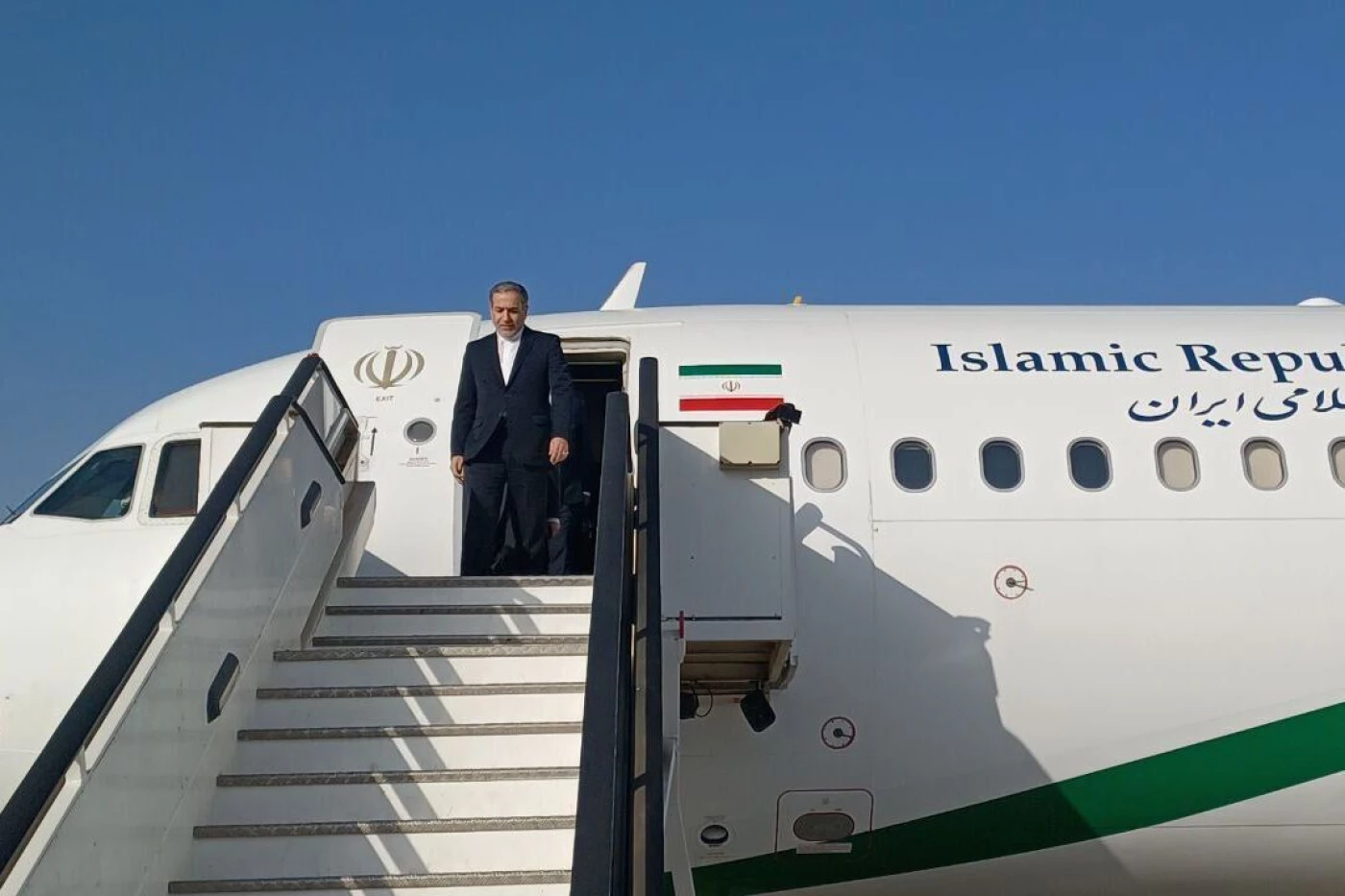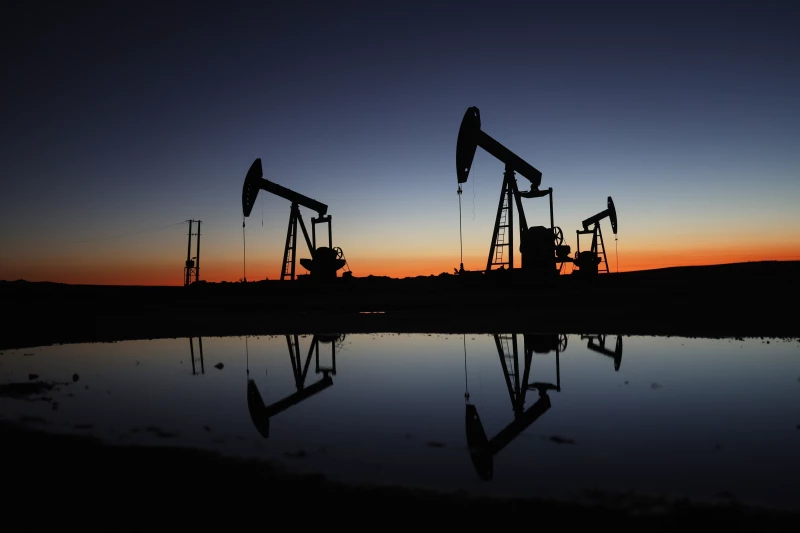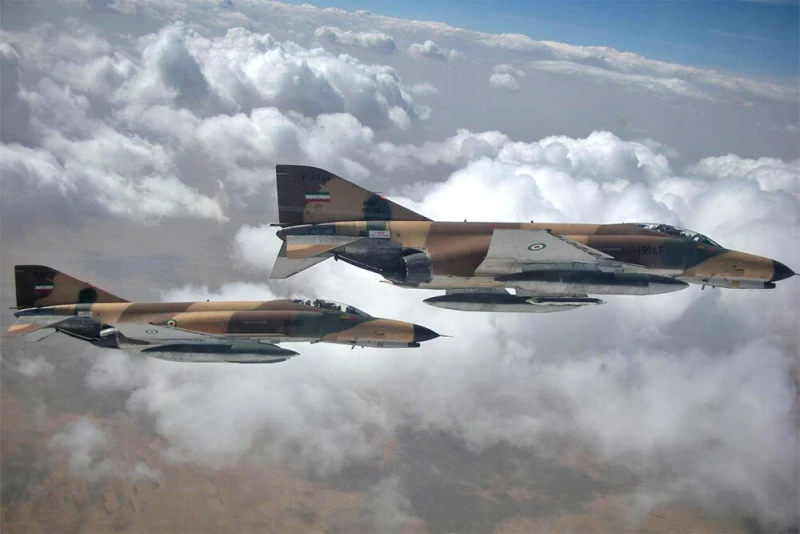HALABJA, Kurdistan Region of Iraq – Iranian Foreign Minister Abbas Araghchi arrived in Rome on Saturday morning ahead of a second round of talks with US Middle East Envoy Steve Witkoff regarding Iran’s nuclear program.
Iranian state-affiliated media published footage of Araghchi arriving in the Italian capital on Saturday to hold a second round of Oman-mediated talks with their long-standing adversary, a week after they held initial negotiations in Muscat.
Araghchi met with Witkoff last Saturday in the Omani capital, the first round of bilateral talks on Tehran’s burgeoning nuclear program since the US pulled out from the landmark 2015 nuclear deal. The meeting was described as “constructive” by both sides.
Rafael Grossi, the head of the UN nuclear watchdog, told France-based Le Monde after a Wednesday visit to Tehran that Iran did not yet have nuclear weapons, but also that they are not “too far off” from obtaining them, describing it as “a puzzle, they have the pieces and they could eventually put them together one day.”
The US, European powers, and the International Atomic Energy Agency (IAEA) have repeatedly raised concerns that Tehran is accelerating on its path toward developing nuclear weapons.
To ensure that Iran will never get its hands on nuclear arms, the administration of Trump has been relentlessly pushing Tehran to come to the negotiating table.
The second round of negotiations was initially set to take place in Muscat once again, however, Rome was confirmed as the venue of choice on Wednesday.
Omani Foreign Minister Badr Al Busaidi will be present for the talks in Italy as a mediator
Addressing reporters in a Moscow joint presser with Russian Foreign Minister Sergey Lavrov, Araghchi said on Friday that an agreement is possibly “within reach” if the US’ stance is one of “seriousness and genuine will.”
Over the past few days, US officials have, in public statements, been calling for a complete dismantling of Iran's nuclear program, departing from earlier suggestions that Tehran could maintain nuclear enrichment at the 3.67% level. The shift has been particularly notable in comments by Witkoff, resulting in backlash from the Iranian side, with Araghchi criticizing the "shifting" and "contradictory" American positions.
US President Donald Trump threatened military action in late March against Tehran if the country does not make a deal on the nuclear issue. “There will be bombing. It will be bombing the likes of which they have never seen before,” the US president said.
In early February, Trump signed a memorandum restoring his "maximum pressure" policy against Iran, which entails a series of extensive sanctions on Tehran and new economic measures to pressure the country.
The United States, during the first Trump administration, unilaterally withdrew from the landmark Joint Comprehensive Plan of Action (JCPOA) deal, which introduced an ease on the sanctions Iran was facing in exchange for curbs on Tehran’s nuclear program, reimposing economic sanctions and causing extensive damage to the Iranian economy.
Iran has time and again insisted that their nuclear aspirations are for peaceful purposes and they do not seek a nuclear weapon. The US and other Western powers, however, remain wary of Tehran’s uranium enrichment program.



 Facebook
Facebook
 LinkedIn
LinkedIn
 Telegram
Telegram
 X
X


